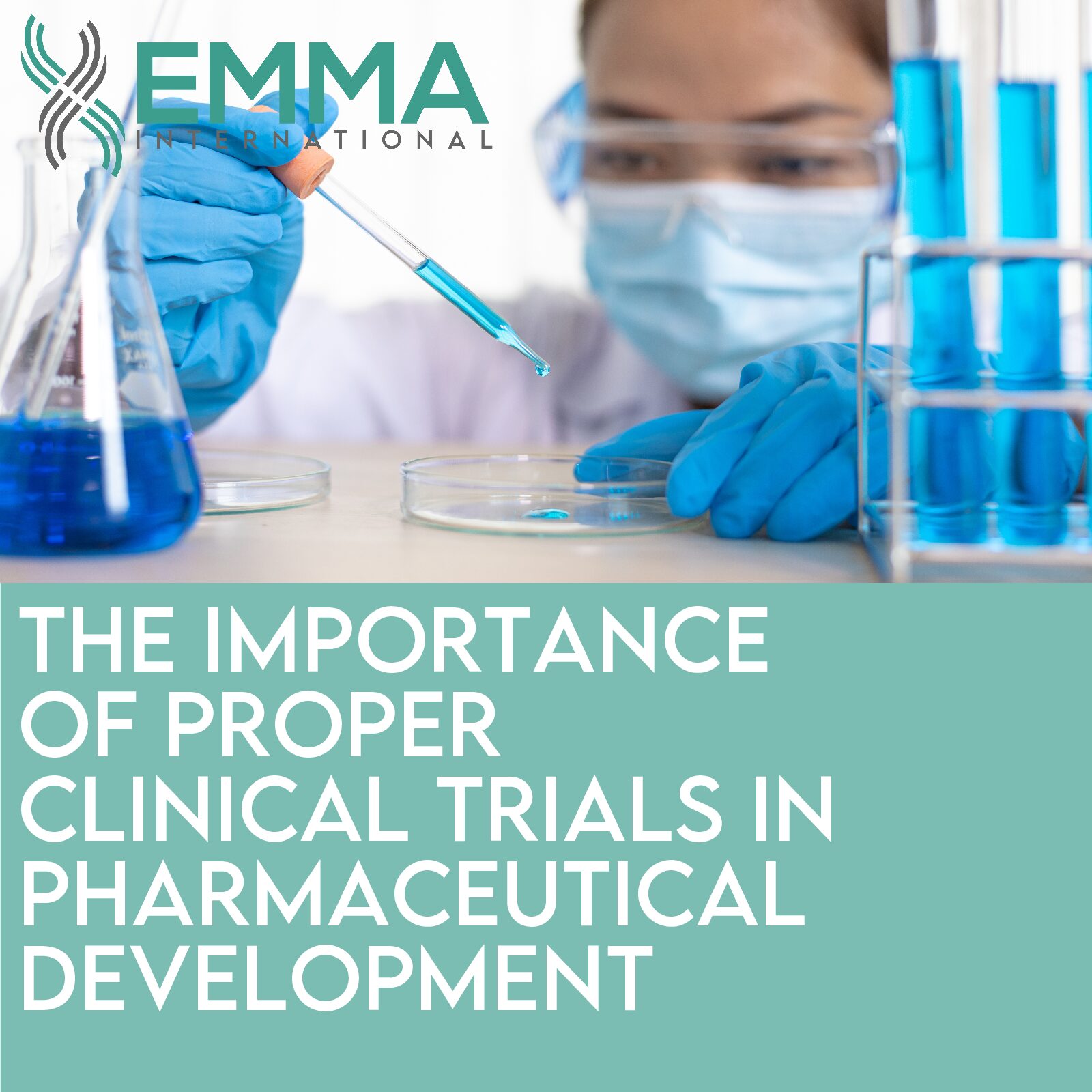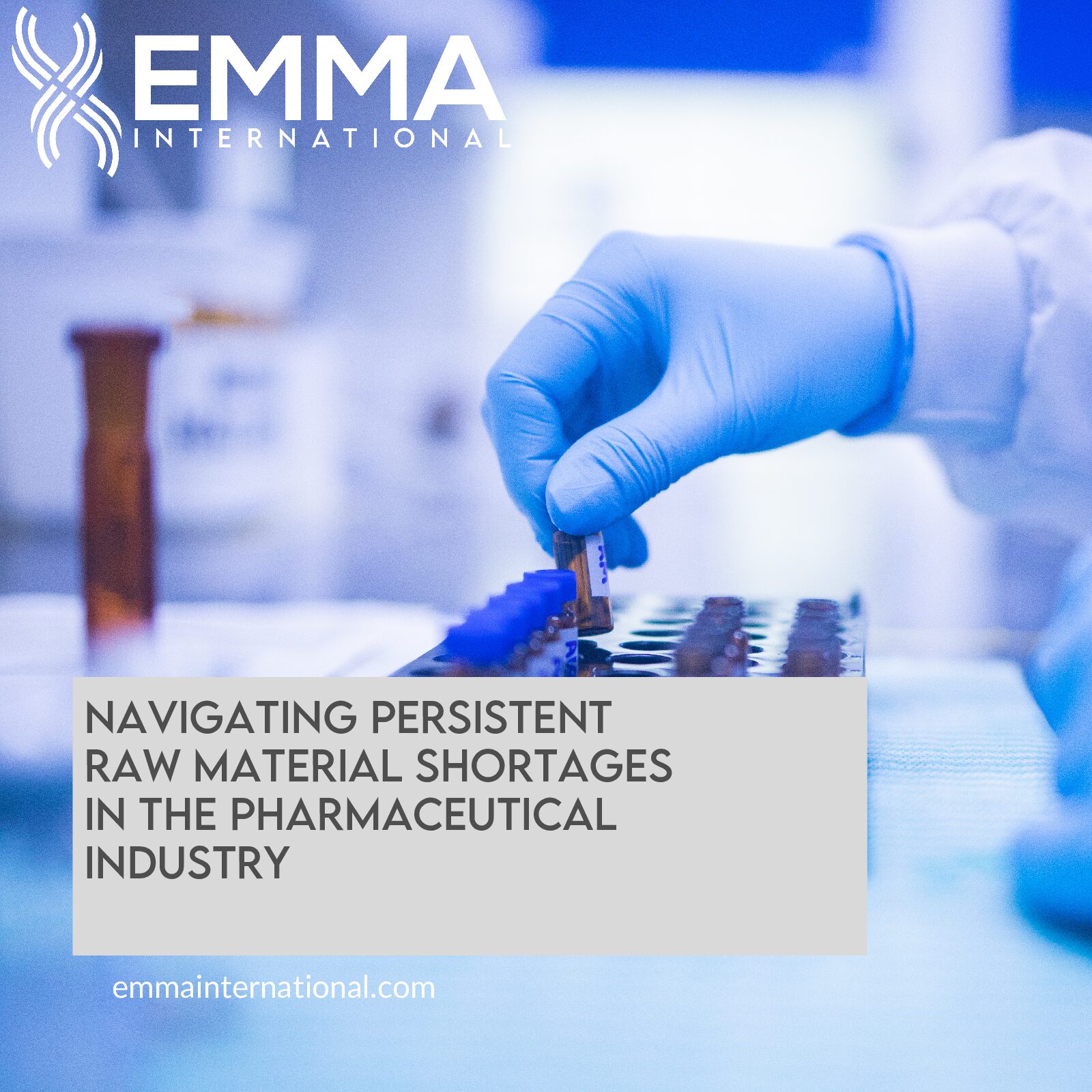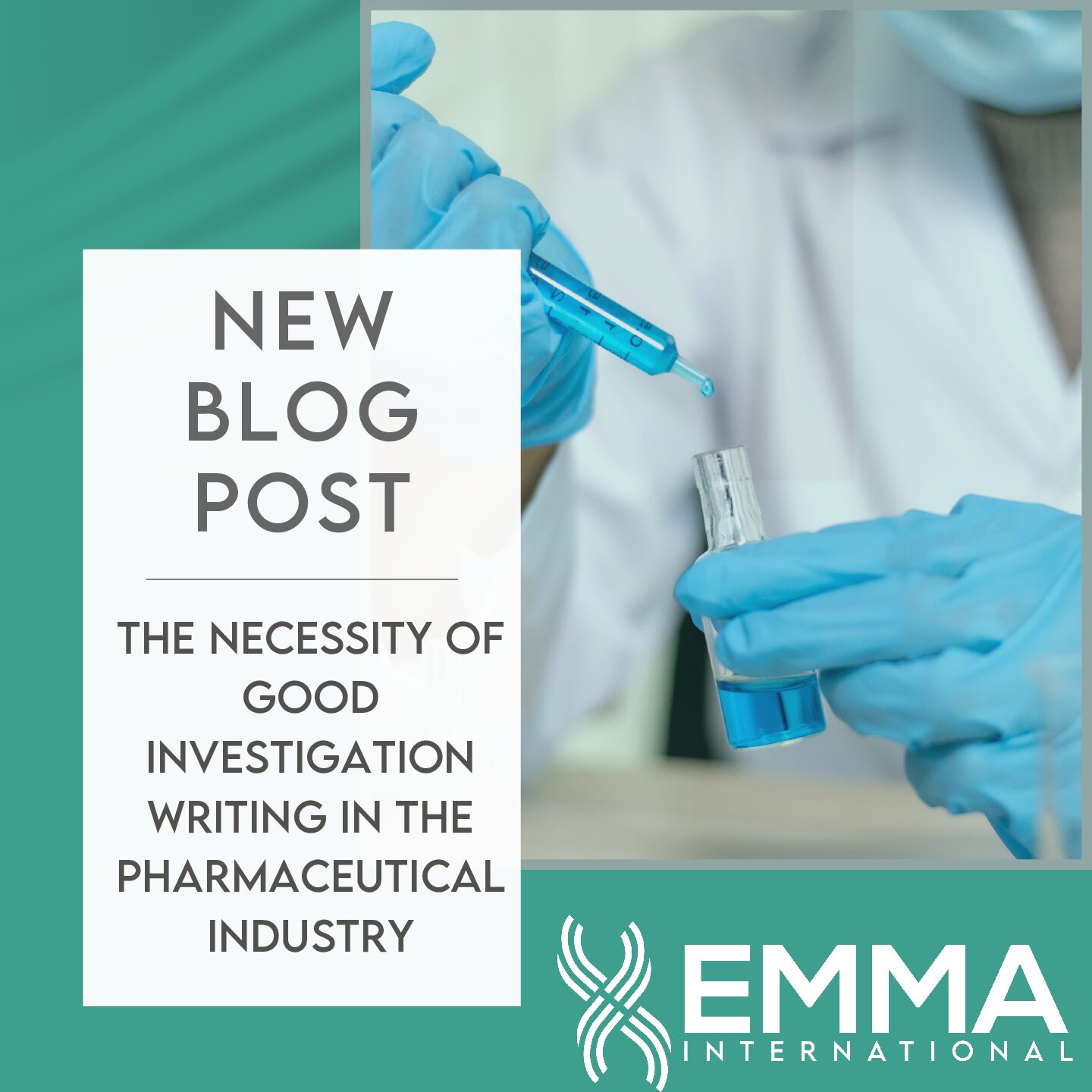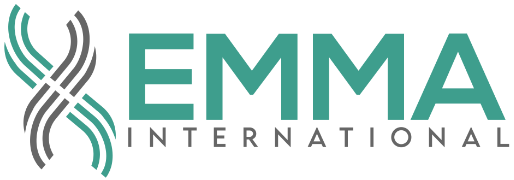Artificial Intelligence (AI) is rapidly transforming the pharmaceutical industry, particularly in the realm of manufacturing. The integration of AI into pharmaceutical manufacturing processes offers the potential to enhance efficiency, improve quality, and accelerate the time-to-market for new drugs. This blog explores how AI is being used in pharmaceutical manufacturing and the benefits it brings to the industry.
Enhancing Efficiency and Productivity
One of the most significant impacts of AI in pharmaceutical manufacturing is its ability to enhance efficiency and productivity. AI-driven automation can streamline various processes, from raw material handling to the final packaging of products. For instance, AI-powered robots and machines can operate continuously without fatigue, reducing the time required for repetitive tasks and minimizing human error. This increased automation leads to higher throughput, ensuring that products are manufactured more quickly and at a lower cost.
Moreover, AI can optimize supply chain management by predicting demand patterns and managing inventory levels. Through predictive analytics, AI systems can forecast the need for raw materials, ensuring that they are available when needed, thus reducing delays in production. This level of efficiency is crucial in the pharmaceutical industry, where timely delivery of products can be a matter of life and death.
Improving Quality and Consistency
Quality control is critical in pharmaceutical manufacturing, where even the slightest deviation can lead to significant consequences. AI plays a critical role in improving quality by enabling real-time monitoring and analysis of production processes. Machine learning algorithms can detect anomalies in the manufacturing process by analyzing vast amounts of data from sensors and other monitoring devices. When deviations are identified, AI systems can automatically adjust the process parameters to bring them back within the desired range, ensuring consistent product quality.
AI also enhances quality by improving the precision of manufacturing processes. For example, AI-driven systems can control the dosage and mixture of ingredients with a level of accuracy that surpasses human capabilities. This precision not only ensures the safety and efficacy of the final product but also reduces waste and lowers production costs.
Accelerating Research and Development
The use of AI in pharmaceutical manufacturing extends beyond the production line. AI is also being leveraged to accelerate research and development (R&D) processes. AI algorithms can analyze vast datasets from clinical trials, chemical databases, and genetic information to identify potential drug candidates more quickly than traditional methods. By predicting how different compounds will interact, AI can help researchers focus on the most promising candidates, reducing the time and cost associated with drug discovery.
In addition to drug discovery, AI can optimize the development of manufacturing processes. For instance, AI can simulate different manufacturing scenarios to identify the most efficient and cost-effective methods for producing new drugs. This capability is particularly valuable in the development of personalized medicines, where manufacturing processes must be tailored to individual patients’ needs.
Facilitating Regulatory Compliance
Regulatory compliance is a critical aspect of pharmaceutical manufacturing, and AI can help companies navigate the complex regulatory landscape. AI systems can monitor manufacturing processes to ensure they comply with Good Manufacturing Practices (GMP) and other regulatory standards. By maintaining detailed records of every aspect of production, AI can also assist in generating the necessary documentation for regulatory submissions.
Furthermore, AI can predict potential compliance issues before they arise by analyzing historical data and identifying patterns that may indicate future problems. This proactive approach allows companies to address compliance issues early, reducing the risk of costly recalls or legal actions.
Challenges and Considerations
While the benefits of AI in pharmaceutical manufacturing are clear, there are also challenges to consider. One of the primary challenges is the integration of AI into existing manufacturing systems. Companies must invest in new technologies and infrastructure to support AI-driven processes, which can be costly and time-consuming. Additionally, there is a need for skilled personnel who can develop, implement, and maintain AI systems.
Another consideration is the regulatory environment. As AI becomes more prevalent in pharmaceutical manufacturing, regulatory bodies will need to adapt their frameworks to address the unique challenges posed by AI. This includes ensuring that AI-driven processes meet the same rigorous standards as traditional methods and that companies can demonstrate the safety and efficacy of AI-based decisions.
AI is poised to revolutionize pharmaceutical manufacturing by enhancing efficiency, improving quality, accelerating R&D, and facilitating regulatory compliance. As the industry continues to embrace AI, companies that invest in this technology will be better positioned to meet the challenges of an increasingly competitive market. However, successful integration of AI requires careful planning, investment, and a commitment to continuous improvement. By overcoming these challenges, the pharmaceutical industry can unlock the full potential of AI, ultimately leading to better products and improved patient outcomes.
Trust the experts at EMMA International to help you bring AI to your pharmaceutical operations. Give us a call at 248-987-4497 or email info@emmainternational.com to get in touch with our team of experts today.
FDA (May 2024) Artificial Intelligence in Drug Manufacturing retrieved from: https://www.fda.gov/media/165743/download.






